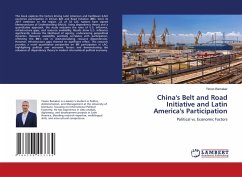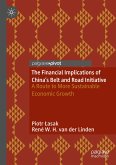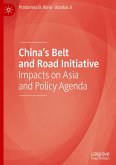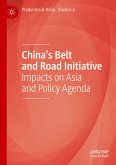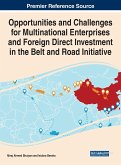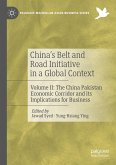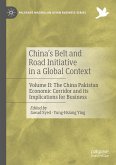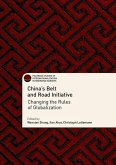This book explores the factors driving Latin American and Caribbean (LAC) countries' participation in China's Belt and Road Initiative (BRI). Since its 2017 extension to the region, 22 of 33 LAC nations have signed Memorandums of Understanding (MoUs). Using dependency theory and a quantitative approach, the study evaluates the roles of U.S. influence, infrastructure gaps, and resource availability. Results show U.S. influence significantly reduces the likelihood of signing, underscoring geopolitical dynamics. Resource availability positively correlates with participation, reflecting the BRI's role in institutionalizing resource dependencies. However, infrastructure gaps showed no significant effect. This research provides a novel quantitative perspective on BRI participation in LAC, highlighting political over economic factors and demonstrating the relevance of dependency theory in modern international political economy.
Bitte wählen Sie Ihr Anliegen aus.
Rechnungen
Retourenschein anfordern
Bestellstatus
Storno

